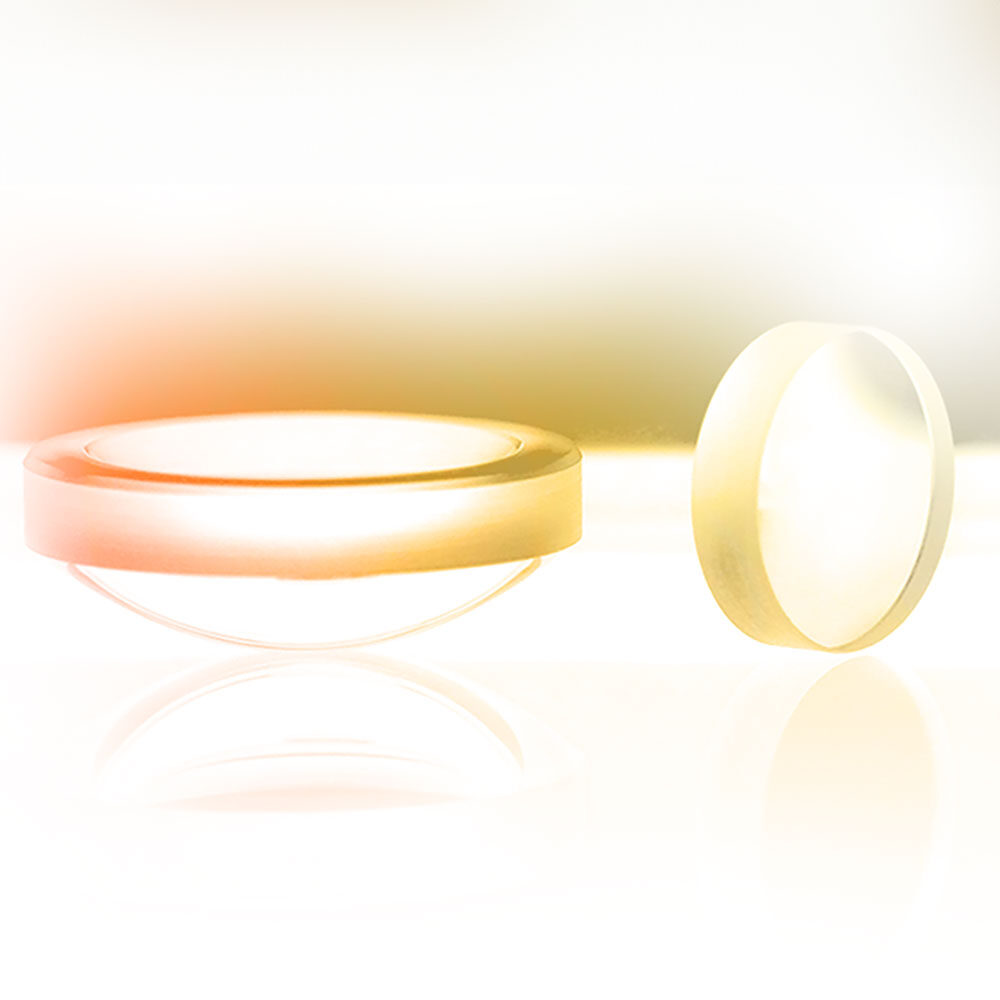Resources
Browse our available resources below; tooling requirements, certifications, videos, and downloadable content

Browse our available resources below; tooling requirements, certifications, videos, and downloadable content
Below you will find all of our resources and information available in a convenient downloadable PDF format. Click through each box to access specifications, tolerances, and other requirements.
Optical Surface Specifications and Tolerances
Lens and tool optical surface specifications (spherical or aspherical), are typically given in terms of “fringes” of surface departure from an ideal surface, which also includes irregularity of the surface in “fringes”. The use of a profilometer allows for measurement of rotationally symmetric surfaces, and interference tests are utilized for spherical evaluation.
The material used for tooling in the Precision Glass Molding process is a Carbide which allows molding at high temperature and offers a very long mold insert lifetime. The manufacturing of the required geometry of the tooling is performed by a proprietary grinding and polishing process. This method allows for minimal deviation of the optical surface with respect to the outside diameter of the the tool. Tolerancing of the tool geometery ensures a precision fit and minimizes the tilt/decenter/wedge of the lens surfaces.
The RPO glass molding process uses a relatively rapid cooling rate after pressing the lens. This is important in reducing process cycle time and increasing efficiency. Since the glass is molded above the Tg and cooled rapidly (compared to a fine anneal cooling rate), the resulting optic exhibits a small index change when compared to its fine anneal state. The index drop is small (usually .002-.006), but the optical design needs to be optimized to compensate for this change.
This chart shows a listing of current optical grade glass types that have been demonstrated in the RPO molding process. The glasses have gone through a molding verification process for their reaction to the temperature cycling and the effects on the tooling surfaces.
The dispersion (Vd) and index (Nd) data show the after molding values for these specific glasses. RPO is verifying new glasses regularly to expand its glass molding capabilities.
If there is a specific glass type that you are interested in and do not see listed, please contact the engineering group at RPO. Click here for a quick link to the Contact Us page.
Rochester Precision Optics produces standard aspheric collimating lenses in a wide range of focal lengths and numerical apertures which provide diffraction limited performance. Standard catalog lenses are offered with three broadband AR coatings covering wavelengths from 400nm – 1600nm. Custom broadband coatings, V-coatings and MgF2 can also be provided for your specific application. Click here for the chart showing our current offerings. Please contact our team for custom coatings.
To Download Files:
The document below contains Legal Terms and Conditions that apply to you as a supplier of goods and/or services to Rochester Precision Optics.
The document below contains Legal Terms and Conditions that apply to you as a Buyers of goods and/or services from Rochester Precision Optics.